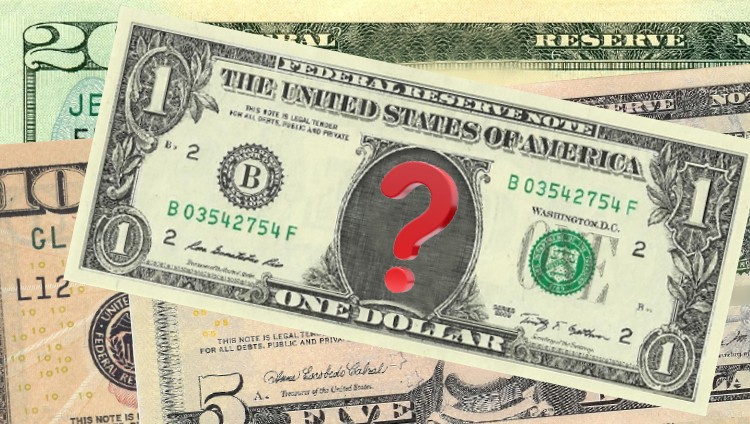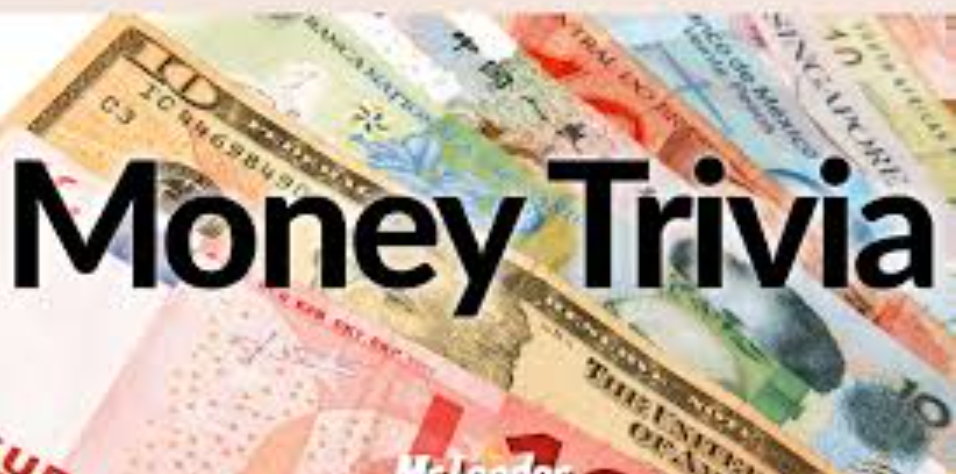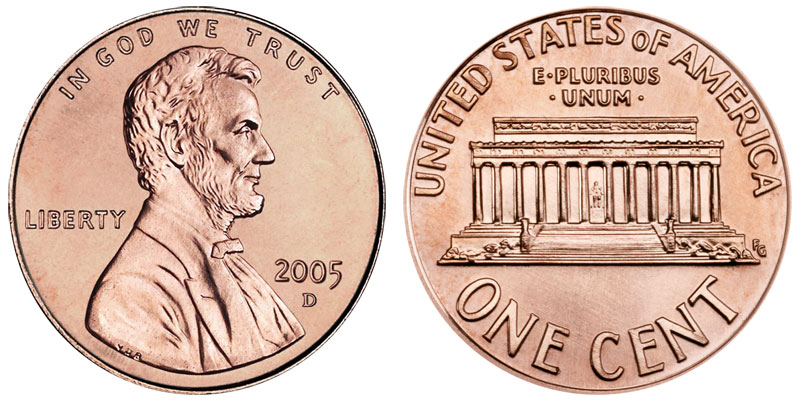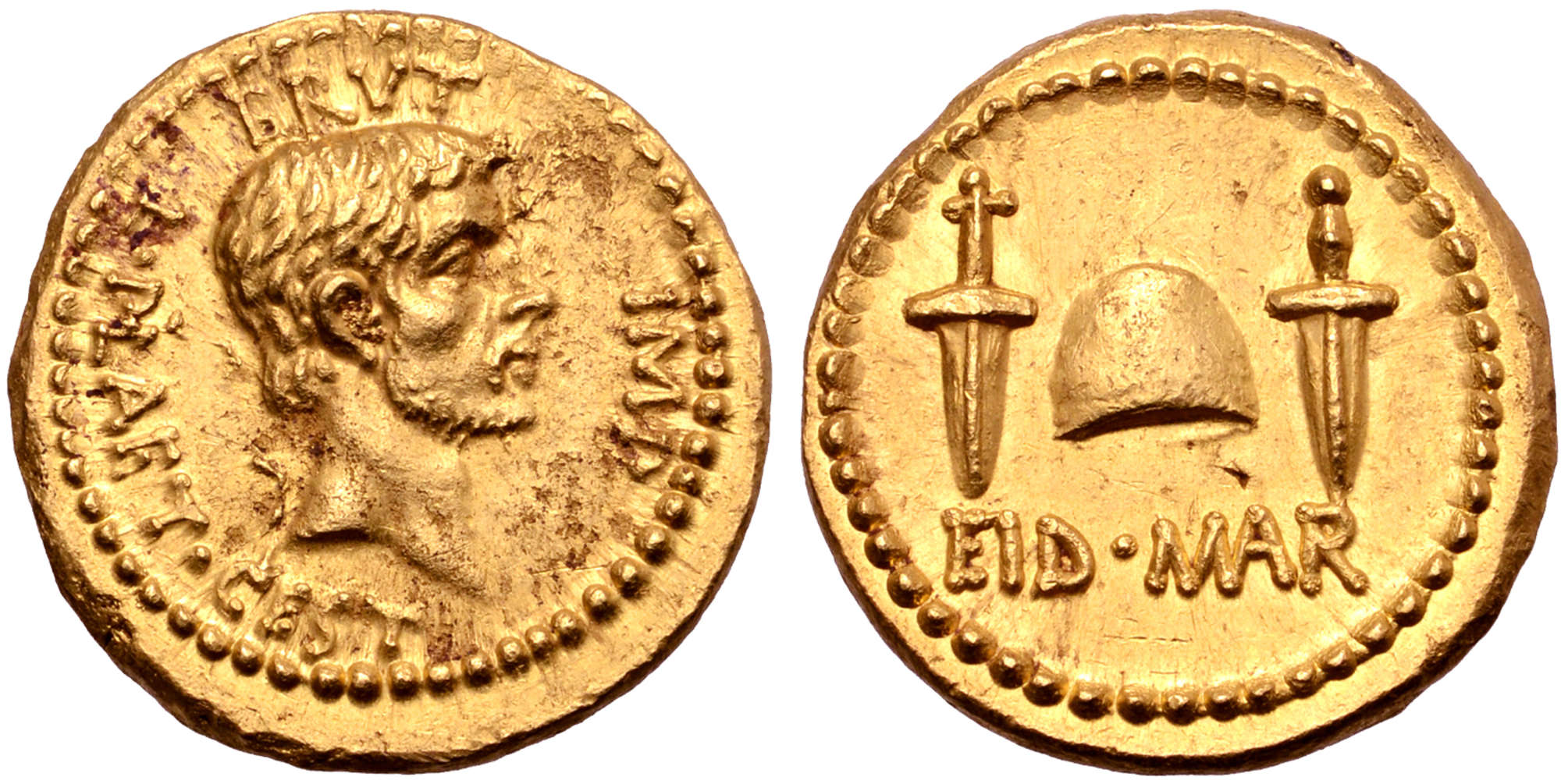Personal Finance Trivia Quiz (EPB Showcase)
Created on:
Nov 16, 2024
Duration:
12 minutes, 40 seconds
Category:
Questions:
38 questions
Average Score:
31/38
Players:
33
Language:
English
38 Trivia Questions and Answers
One month’s worth of expenses
3 to 6 months' worth of living expenses
One year’s salary
Enough to pay off your mortgage
To cover unexpected expenses without going into debt
To invest in the stock market
To make a large purchase
To take advantage of sales
Save what’s left after spending
Pay yourself first by saving a portion of your income before spending
Save only if there’s extra at the end of the month
Use your savings to pay off credit card debt immediately
Putting all your money into one high-risk stock
Diversifying your investments across different asset types
Timing the market to buy low and sell high
Waiting until you have a large sum to invest
Pay only the minimum payment each month
Pay off the full balance every month to avoid interest
Use one credit card to pay off another
Open multiple credit cards to increase your credit limit
Ignore the loan until you have more money
Make minimum payments to keep it in good standing
Pay off the high-interest loan as quickly as possible
Take out another loan to cover the payments
Keeping track of every expense to ensure it aligns with your budget
Spending without keeping receipts to reduce stress
Estimating your expenses without writing them down
Adjusting your budget only at the end of the year
Only when you get a raise or a new job
Once a year
Monthly or whenever there’s a significant change in your finances
Never, once it's set it should stay the same
Start saving for retirement as early as possible
Wait until you're close to retirement age to start saving
Rely on Social Security for your retirement income
Only save if your employer offers a retirement plan
Contribute the minimum amount
Contribute up to the employer match at a minimum
Withdraw from the account whenever you need money
Wait until you have a large salary to start contributing
Spend more than you earn by using credit cards
Spend less than or equal to what you earn
Use loans to cover any spending gaps
Spend only on necessities and never on wants
You have an emergency fund
You are consistently adding to your savings
You regularly rely on credit cards to pay for basic expenses
You pay off your credit cards in full each month
Keep all receipts and records of deductible expenses throughout the year
Wait until tax season to gather all your documents
Pay taxes only on the income that isn’t taxed by your employer
Ignore deductions and rely on standard tax rates
You can avoid penalties for late filing
You reduce the risk of tax-related identity theft
You’ll receive your refund sooner
All of the above
Set vague goals, like “save more money”
Set specific, measurable goals, like “save $500 in 3 months”
Set long-term goals without considering short-term needs
Focus only on paying off debt and ignore savings
It helps you stay motivated and adjust if necessary
You can spend more money once you track your progress
It lets you know when to stop budgeting
Tracking is unnecessary once you’ve set a goal
Internet subscription
Rent or mortgage
Netflix subscription
Dining out
The amount of money you have in your savings account
A number representing your borrowing risk to lenders
The total of all your credit card balances
The amount of debt you owe
Payday loan
Credit card loan
Mortgage
Personal loan
Interest earned only on the initial investment
Interest calculated on both the principal and previously earned interest
Interest that decreases over time
Interest charged on credit cards
Higher tax returns
More time for compound interest to grow your money
Fewer investment options
Lower risk in the stock market
To fund public services like schools, roads, and emergency services
To lower inflation
To increase the national debt
To help individuals save money
10%
20%
30%
40%
Snowball method
Avalanche method
Consolidation method
Refinance method
Checking account
Savings account
Money market account
Certificate of Deposit (CD)
Savings accounts are for long-term saving, checking accounts are for everyd
Checking accounts have higher interest rates than savings accounts
Savings accounts can only be used to pay bills
Checking accounts can’t have ATM access
The smallest amount you can pay to avoid late fees
The amount required to pay off the balance in full
The interest charged for using the card
The total credit limit of the card
Annual Principal Rate
Annual Percentage Rate
Adjustable Payment Rate
Automatic Payment Rate
To help reduce your monthly bills
To protect against large financial losses due to accidents or illness
To provide extra income during retirement
To avoid paying taxes
Health insurance
Liability insurance
Collision insurance
Homeowner’s insurance
401(k)
Savings account
Credit card
Money market account
55
59½
62
65
A general increase in prices and fall in the purchasing value of money
A decrease in the value of your savings
A rise in interest rates
The amount of money printed by the government
Your money increases in value
Your money decreases in value
Your money remains the same
You avoid paying taxes
Subsidized loans don’t have to be paid back; unsubsidized loans do
Subsidized loans are based on financial need; unsubsidized loans are not
Unsubsidized loans have lower interest rates than subsidized loans
Subsidized loans must be repaid immediately after borrowing
As soon as you receive the loan
6 months after you graduate or drop below half-time enrollment
12 months after you graduate
Immediately after finishing your freshman year
Estimating how much you want to save
Listing all your income and expenses
Applying for a credit card
Setting aside money for entertainment
Only paying the minimum balance on credit cards
Tracking expenses to avoid overspending
Borrowing as much as possible from friends or family
Spending money on wants before needs
More Quizzes
Explore Quizzes
Comments
( )





